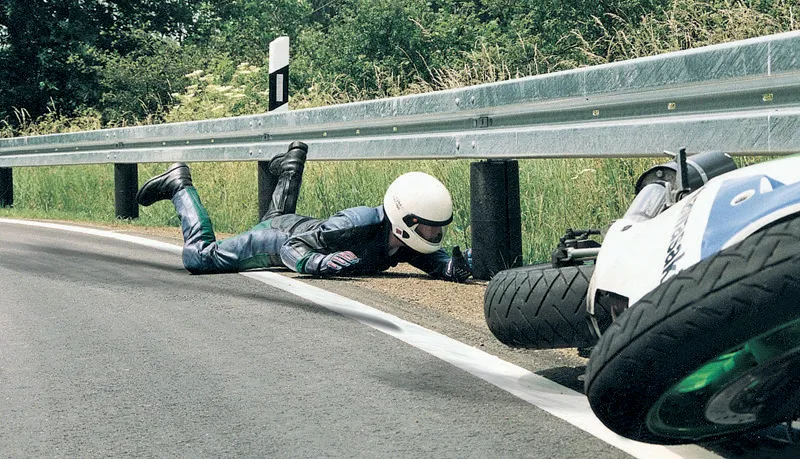In the UK a couple who planted flowers in a roadside verge recently faced a charge of criminal damage from the local authorities. The elderly couple started planting the flowers 15 years ago in a bid to dissuade motorists from parking their vehicles illegally on the verge, explaining that this churned up the grass and left it looking unsightly. A local council official visited the area after being called to inspect the remains of a fallen tree nearby. The officious official spotted the fuchsias and after making enquiries as to who had planted them in the verge, warned the retired couple that this was a dangerously illegal activity in breach of regulations. The couple then received a letter from the authorities requiring them to remove the flowers and replace the turf on the verge in question, threatening a fine and court action if they refused to comply. A representative for the council later explained that in the event of an accident occurring on the verge resulting in injuries, it would not be clear who to sue for damages due to the presence of the flowers. European road safety standards do not so far include vehicle impact tests on fuchsias.
Flowers of romance
In the UK a couple who planted flowers in a roadside verge recently faced a charge of criminal damage from the local authorities. The elderly couple started planting the flowers 15 years ago in a bid to dissuade motorists from parking their vehicles illegally on the verge, explaining that this churned up the grass and left it looking unsightly.
September 29, 2014
Read time: 2 mins









